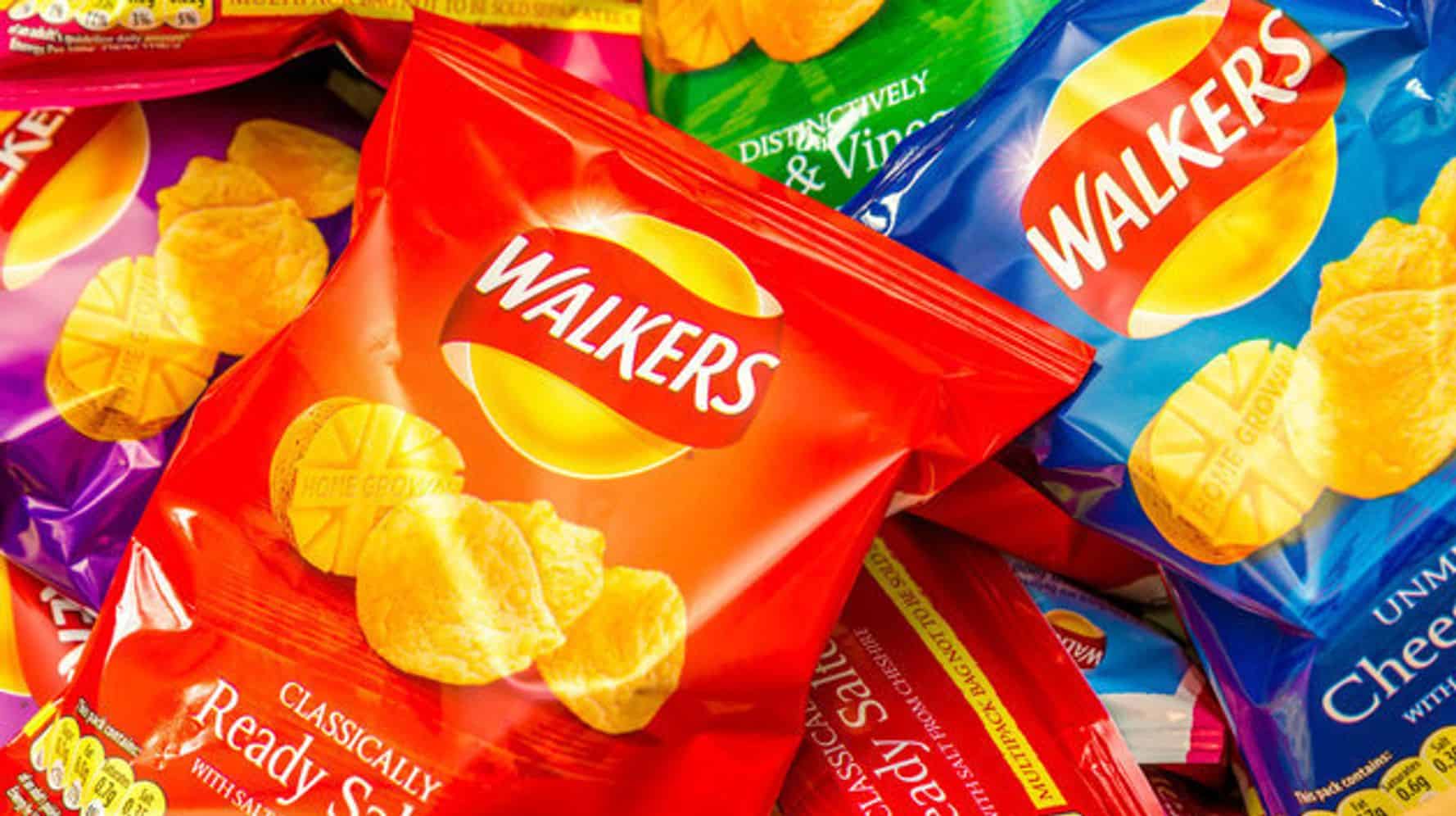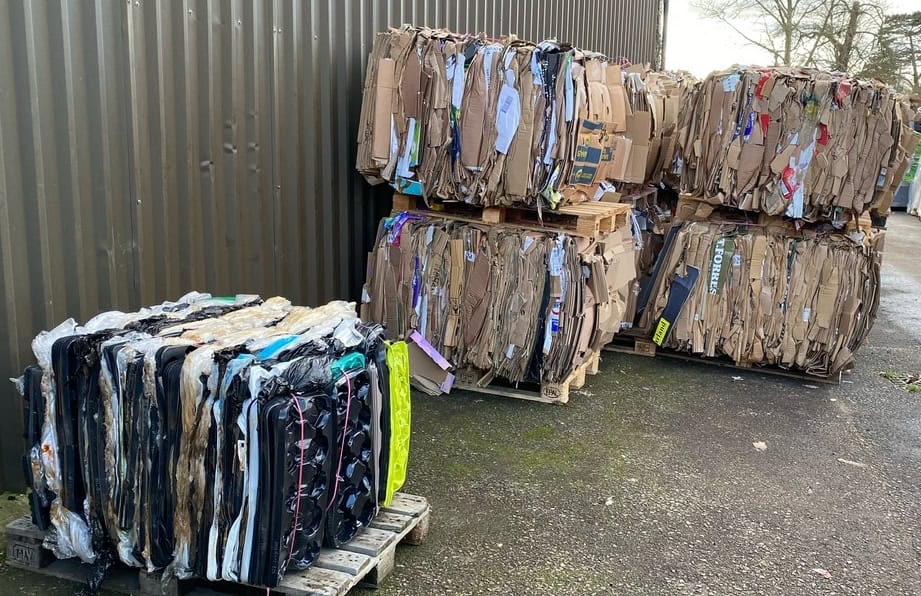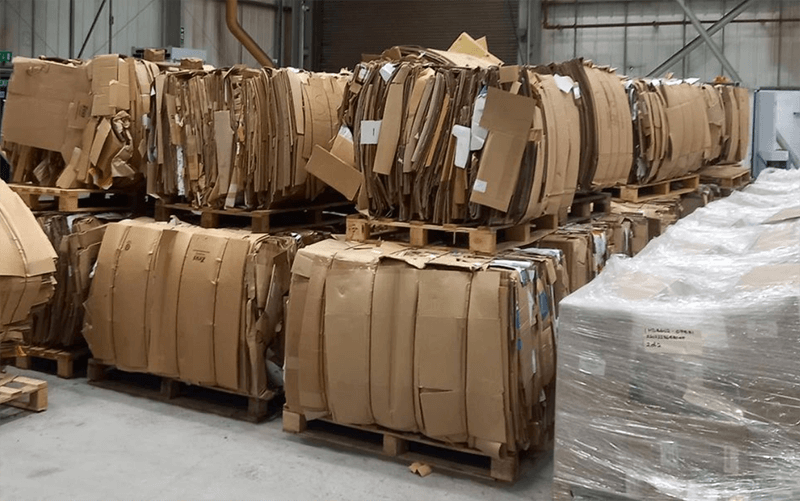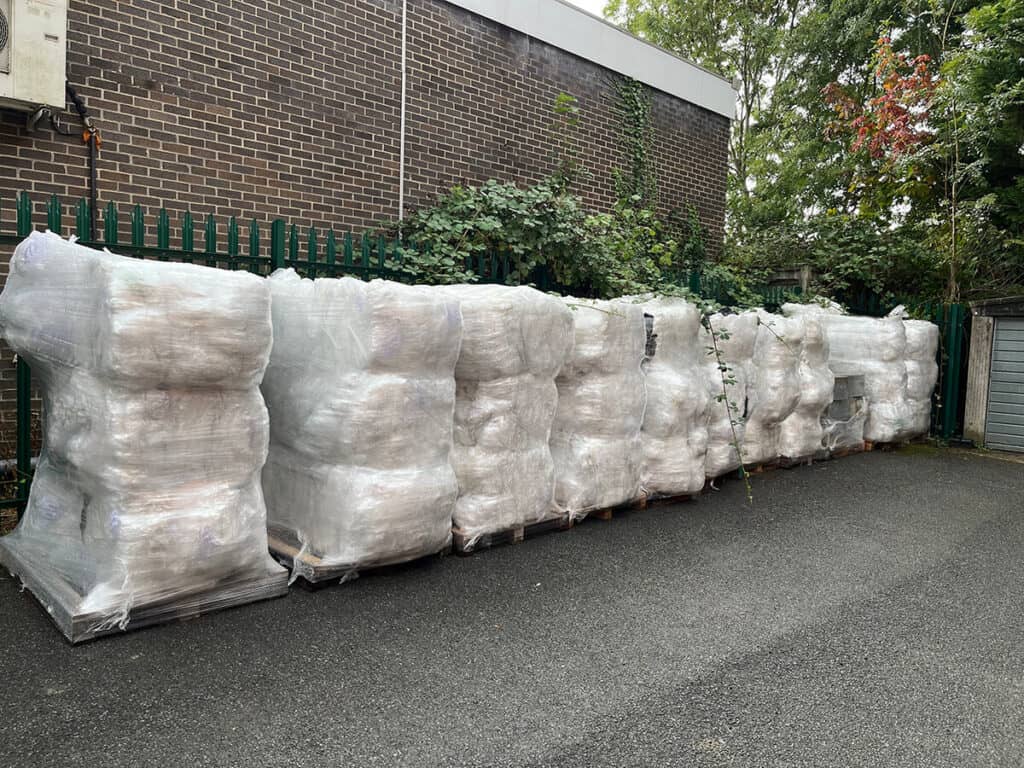Plastic pollution is unquestionably the greatest threat to our environment, and we all have a responsibility to reduce our waste. While personal improvements can have a significant impact, it’s big businesses that can truly lead the way to a brighter future.
It’s no secret that commercial industries have caused a lot of plastic pollution over the generations, but several businesses are now taking huge strides towards reversing the damage. Here are five examples of retailers that are leading the way.
Co-Op
Plastic packaging on groceries has been a major source of problems for many years, but many supermarkets are at least attempting to regain control of the supermarket. The Co-Op is one of the chief players as they have committed to removing all hard-to-recycle plastics by 2023.
The plastic reduction process has already started. The company has been free from microbeads for some time and got rid of plastic-stemmed cotton buds over a decade ago, while its range of own-brand products uses recycled plastic for 95% of its packaging (by weight). Meanwhile, they plan to have all hard-to-recycle dark and black plastic removed from their stores by the end of 2020.
Co-Op also uses compostable carrier bags in the appropriate locations where councils accept them for household waste collection. The various initiatives all show the supermarket’s endeavours to reduce its carbon footprint, and they spread to other parts of the umbrella company.
Other supermarkets have joined the war against plastic pollution through initiatives like reusable shopping bags, plastic-free fruit and veg, and refill stations.
Adidas
Many sports retailers have made steps towards reducing their plastic waste, with Nike’s Flyknit line cutting 60% of its material waste being a good example. However, it’s Adidas that has truly moved the goalposts courtesy of the Parley X Adidas collection.
Working with Parley for the Oceans, a company committed to cleaning the oceans, Adidas has created a line of footwear that uses sustainable materials for an eco-friendly solution. In fact, each trainer uses 11 plastic bottles, giving them an extra purpose before they ever find their way into the ocean. Given the damage that plastic bottles cause to marine life and the environment, it is a game-changing initiative.
The iconic range of trainers boast ocean colour patterns including navy, seafoam blues, and deep greens to truly celebrate the purpose of the collection as well as the great work completed the Parley for the Oceans organisation across the seas.
Like others, Adidas has dedicated itself to reducing packaging and using recycled carriers across its model. However, the range of trainers is what truly promotes the idea of recycling being cool.
Ted Baker
All eyes are on the fashion industry whenever social issues surface. Whether it’s fighting animal cruelty or the use of certain materials, brands and retailers have the ability to have a telling influence on the global situation. Ted Baker is one name leading the fight against plastic waste.
The retailer has teamed up with London Waste and Recycling Board (LWARB) and QSA Partners to develop a range of clothes hire, product resale, repair and rental services. The circular business models are aimed to reduce waste of plastics and other materials. In addition to reducing the volume of garments that end up in landfills, the benefits extend to the production lines.
Ted Baker’s overall approach to sustainability focuses on three main areas; the planet, people, and the product. They are also in the process of working with strategic partners to ensure all packaging becomes recyclable. This has already resulted in removing laminated cardboard and the introduction of better carrier bags and eCommerce boxes.
Other companies to join the Circular Fashion Fast Forward project include FW and Farfetch.
Walkers
The UK consumes 6 billion packets of crisps every year, which confirms how big a problem they can be in regards to plastic pollution. The country’s biggest brand, Walkers, now actively leads the way in fighting this problem – although it should be noted that the decision largely came as a response to public pressure after thousands of packets were posted back to the company’s HQ.
Walkers now operates several collection points up and down the country that allow users to give back their empty packets (including those from other brands) to the company, who will use them to make other plastic products including furniture and flooring.
In addition to its collection centres, Walkers operates a collection model for businesses in which the products will be picked up directly from the business premises once the company has collected at least 400 packets. However, bigger firms are welcome to collect thousands before arranging an appointment.
Walkers have taken addition steps in recent years, such as making the packets for some of their products considerably smaller.
The Body Shop
Recycling works best when companies and customers are connected. Beauty retailer the Body Shop actively incentivises its users to recycle with its Return, Recycle, Repeat scheme to its Love Your Body Card holders, which is a free loyalty membership programme.
The Body Shop pays customers to return empty plastic vessels. By returning five empty bottles, pots, or tubs, consumers can receive a £5 gift on their Love Your Body Card. Meanwhile, the Body Shop will reuse (after completing the necessary repurposing treatments) the plastics for future products. This reduces the amount of plastic being trashed as well as the company’s production line usage.
Plastic reduction has been supported by changes to their packaging and carrier bags too. When supported by the moves that they’ve made in the realms of product testing, the Body Shop has become a very sustainable and conscious retailer.
Other companies have launched similar strategies, with Lush being a very good example.
The Final Word
A number of retailers across various industries have implemented ideas to reduce plastic waste in product packaging as well as carrier bags. Meanwhile, others have found ways to repurpose plastics for new products, which can also have a telling impact on their carbon footprint.
Retailers are leading the way, and with the help of consumers, a brighter future is possible.








